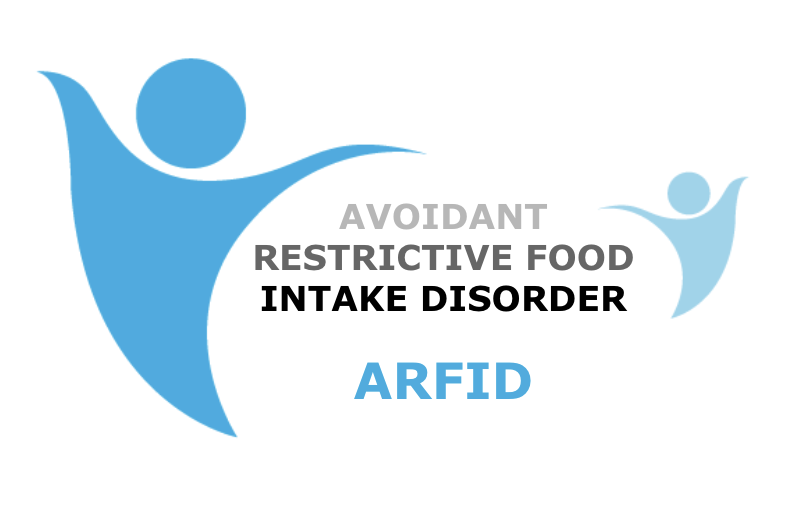Avoidant/restrictive food intake disorder (ARFID) is a relatively new and distinct eating disorder that affects individuals, particularly children, leading to highly selective eating habits and a limited interest in food. While the primary focus often revolves around the nutritional implications of ARFID, there are lesser-known consequences, such as the potential for hair loss. In this article, we explore the connection between ARFID and hair loss, shedding light on the broader health implications of this eating disorder.
Advertisement
Understanding ARFID:
ARFID is characterized by extreme selectivity in food choices and a lack of interest in consuming a diverse range of foods. Individuals with ARFID may limit their diet to a small variety of preferred foods, leading to nutritional deficiencies and poor growth over time. The disorder is not driven by concerns about weight or body image, but rather by sensory sensitivities, fear of aversive consequences, or other factors that contribute to an avoidance of certain foods.

Nutritional Complications and Hair Loss:
The medical complications associated with ARFID are primarily linked to malnutrition, a consequence of consistently inadequate food intake. These complications go beyond the immediate impact on growth and nutrition and can manifest in various ways. One notable consequence is hair thinning or hair loss, which can be attributed to the overall nutritional deficiencies and imbalances caused by ARFID.
Advertisement
Malnutrition’s Impact on Hair Health:
Malnutrition resulting from ARFID can lead to a range of health issues, including a slow or irregular heart rate, low blood pressure, weak bones, frequent mood changes, and hormonal disruptions. The link between malnutrition and hair health is particularly evident. Hair follicles require essential nutrients such as vitamins, minerals, and proteins for optimal growth and maintenance. When these nutrients are lacking due to malnutrition, hair follicles may become weakened, leading to hair thinning or loss.
The Importance of Early Intervention:
Recognizing the signs of ARFID and addressing them promptly is crucial for preventing and mitigating the potential health complications, including hair loss. Early intervention by healthcare professionals, including nutritionists and mental health specialists, can help develop strategies to expand food choices, address sensory issues, and ensure proper nutrition to support overall well-being.
Holistic Treatment Approaches:
Treating ARFID and its associated health effects requires a comprehensive, multidisciplinary approach. Nutrition counseling, behavioral therapy, and, in some cases, medical intervention are often part of the treatment plan. Holistic care that addresses both the psychological and nutritional aspects of ARFID is essential for promoting long-term recovery and minimizing the risk of complications.
ARFID’s impact on health extends beyond nutritional deficiencies, encompassing various physiological and psychological aspects. The connection between ARFID and hair loss underscores the importance of recognizing and addressing this eating disorder early on. By understanding the broader health implications, healthcare professionals and individuals alike can work collaboratively to develop effective interventions that promote healthy eating habits, nutritional balance, and overall well-being.


Leave a Reply